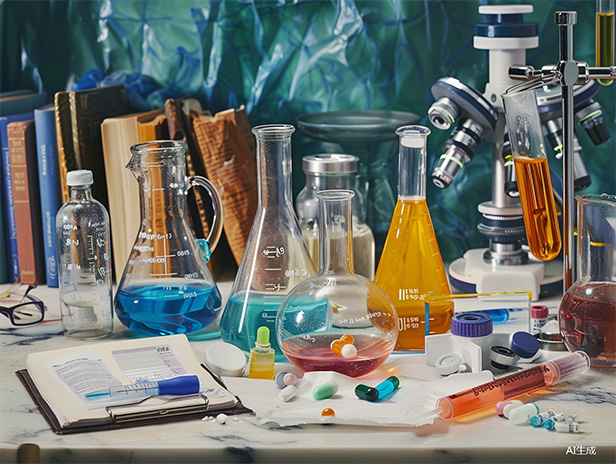In the world of pharmaceuticals, the journey from a chemical compound to a life-saving drug is a complex and intricate process. At the heart of this process lies the crucial role of pharmaceutical intermediates. These intermediates play a pivotal role in the development and production of pharmaceuticals, serving as the building blocks for the creation of various drugs. In this blog, we will delve into the significance of pharmaceutical intermediates in drug development and their impact on the pharmaceutical industry.
Pharmaceutical intermediates are chemical compounds that are used as raw materials in the synthesis of active pharmaceutical ingredients (APIs). These intermediates are essential in the early stages of drug development, where they undergo various chemical reactions and transformations to ultimately yield the final API. The quality and purity of pharmaceutical intermediates are of utmost importance, as they directly impact the efficacy and safety of the final drug product.
One of the key advantages of using pharmaceutical intermediates is their ability to streamline the drug development process. By utilizing intermediates, pharmaceutical companies can optimize the synthesis of APIs, leading to more efficient and cost-effective production processes. Additionally, the use of intermediates allows for greater control over the chemical reactions involved, leading to improved yields and reduced waste. This not only benefits the pharmaceutical companies in terms of production costs but also contributes to a more sustainable and environmentally friendly approach to drug manufacturing.
Furthermore, pharmaceutical intermediates play a crucial role in the development of generic drugs. Generic drugs are bioequivalent to their branded counterparts and are typically produced at a lower cost. The use of pharmaceutical intermediates in the production of generic drugs enables manufacturers to replicate the chemical structure of the original drug, ensuring that the final product meets the required standards of safety, efficacy, and quality. This, in turn, provides patients with access to affordable medications while maintaining the same therapeutic benefits as the branded drugs.
In addition to their role in drug development, pharmaceutical intermediates also contribute to the advancement of pharmaceutical research. These intermediates serve as valuable tools for scientists and researchers in the exploration of new drug candidates and the development of novel therapeutic agents. By providing a diverse range of chemical building blocks, pharmaceutical intermediates enable researchers to explore various chemical pathways and structural modifications, ultimately leading to the discovery of new drug candidates with enhanced pharmacological properties.
The significance of pharmaceutical intermediates extends beyond the realm of drug development and production. These intermediates also play a crucial role in ensuring the safety and quality of pharmaceutical products. Stringent regulations and quality standards govern the production and use of pharmaceutical intermediates, ensuring that they meet the required specifications for purity, stability, and safety. This regulatory oversight is essential in safeguarding the integrity of the pharmaceutical supply chain and ultimately, the well-being of patients who rely on these medications.
In conclusion, pharmaceutical intermediates are indispensable in the world of drug development and pharmaceutical manufacturing. Their role as the building blocks for the synthesis of APIs, their contribution to the production of generic drugs, and their impact on pharmaceutical research underscore their significance in the pharmaceutical industry. As the demand for innovative and cost-effective medications continues to grow, the role of pharmaceutical intermediates will remain pivotal in shaping the future of drug development and healthcare.
Post time: Apr-23-2024







